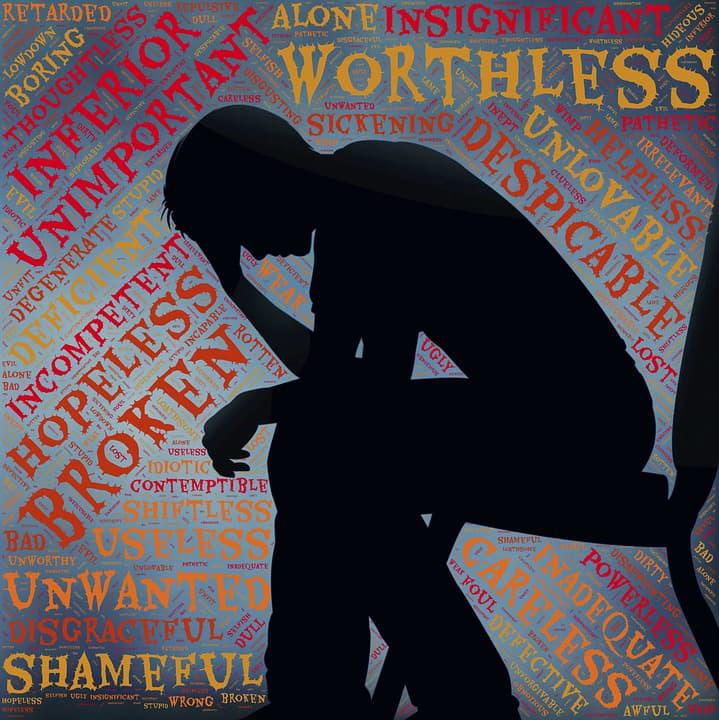Death is the only failure-proof event in life.
The fear of failure’s success rate in making people lead regretful lives is unmatched. But not all failures are born equal. What is failure? Failure can be tangible or intangible. Tangible failure involves measurable losses, like going bankrupt, losing a home, or failing an exam. On the other hand, intangible failure is the failure that hurts the ego, like poor performance, not keeping your word to someone, and comparing yourself with others. Although tangible and intangible failures are interconnected, their genesis is distinct.
A healthy fear of tangible failure is essential in deciding how much risk to take. For example, financial failure has ruined and even taken countless lives. Society also instantaneously punishes financial failures with debt collectors, poor credit ratings, lack of access to loans, and all of these can have a spiraling effect on your quality of life and self-esteem. Financial failure also has a strong relationship with intangible failure. Therefore, one must take calculated financial risks depending on one’s ability to bounce back. We hear of many instances of people risking it all and then achieving incredible success, but probe further, and they are young, skilled, or have family money to fall back on. Pandora’s Tim Westergren maxed out all his credit cards to keep Pandora afloat, but with a Stanford degree, he would have eventually survived doing something else. Same with Taylor Sheridan, who was broke when he decided to quit acting to focus on scriptwriting. Sheridan went on to write Sicario, and the rest is history, but with a long career as an actor and coach, he was highly employable.
Tailoring your needs to your means is another way to counter financial failures. No piece of financial advice can trump the simple adage of “spend less than you earn.” Walt Whitman’s views echo this adage more eloquently. Whitman says, “tone your wants and tastes low down enough and make much of negatives and mere daylight and the skies. Although Whitman used this philosophy to get through his period of poor health, it is valuable advice in planning to counter possible financial failure.
But the most universal and crippling failure is the fear of intangible failure. This fear acts like a restraint stopping us from leading wholesome lives. Since much of this fear is social and about social shaming, people try to failure proof their lives by doing nothing challenging. They lead stable but monotonous lives, often envying people who dare to follow their dreams. Regret about not pursuing their passions inevitably follows, corroding their spirits from the inside.
Inertia is a scientific fact, our natural default state. It is easiest to do nothing, period. Countering inertia requires developing “the person in the arena” attitude, day in and day out. Theodore Roosevelt said, “It is not the critic who counts; not the man who points out how the strong man stumbles, or where the doer of deeds could have done them better. The credit belongs to the man who is actually in the arena, whose face is marred by dust and sweat and blood; who strives valiantly; who errs, who comes short again and again, because there is no effort without error and shortcoming; but who does actually strive to do the deeds; who knows great enthusiasms, the great devotions; who spends himself in a worthy cause; who at the best knows, in the end, the triumph of high achievement, and who at the worst, if he fails, at least fails while daring greatly, so that his place shall never be with those cold and timid souls who neither know victory nor defeat.”
Wise words, but for most people, their harshest critic is their inner critic, whom they must learn to ignore by stepping into the arena over and over again.


